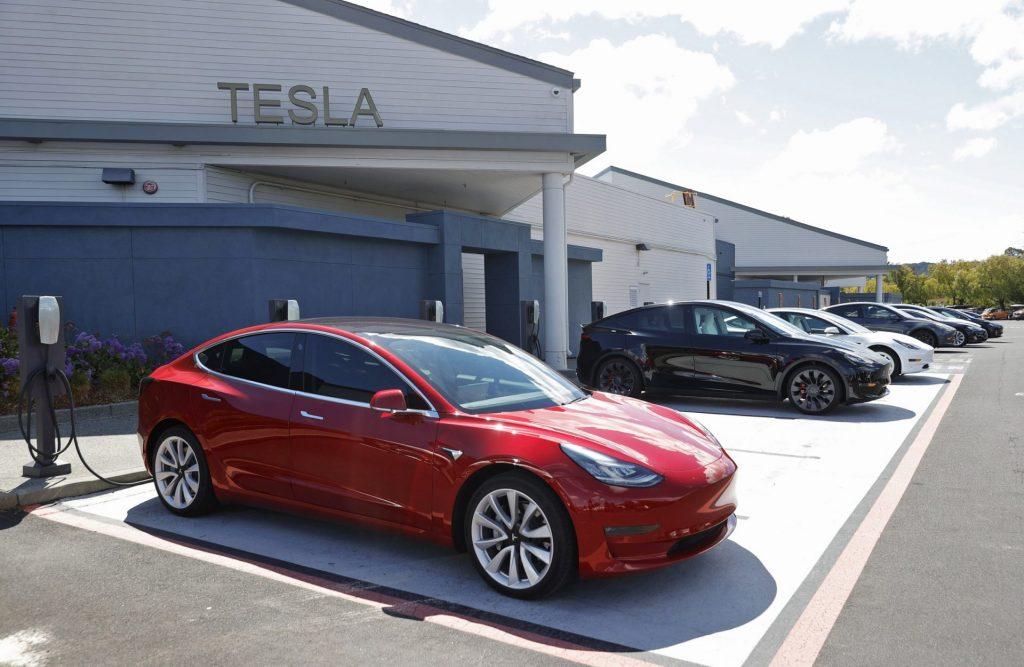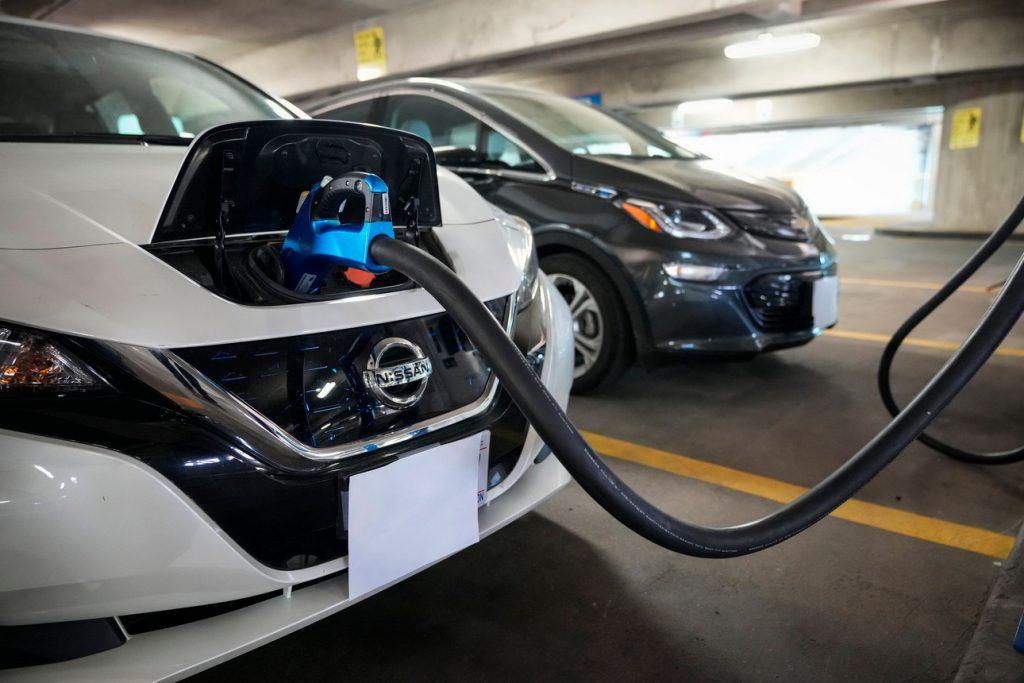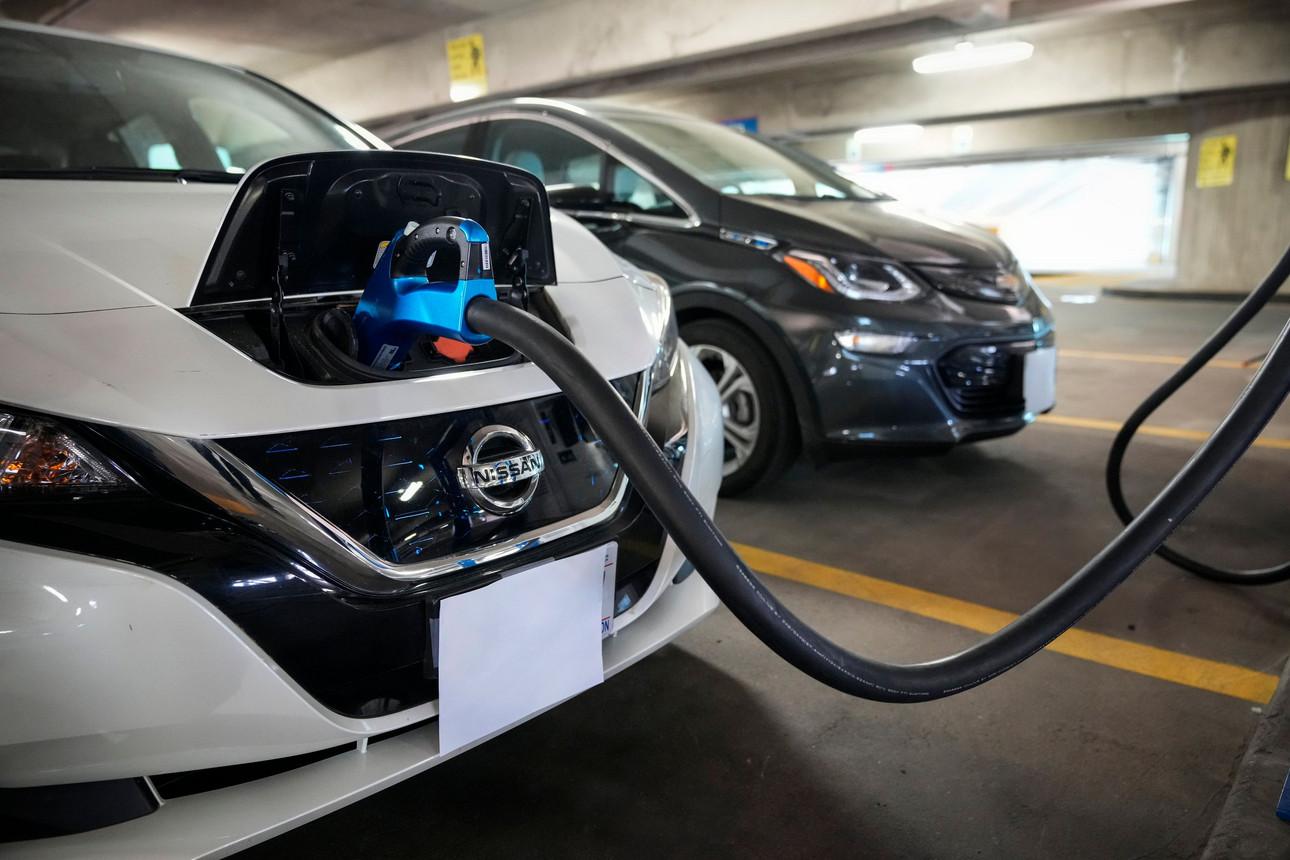Over the years, we have observed a dramatic increase in the sales of electric vehicles, thanks to climate change mitigation strategies and the ever-growing awareness about the benefits of driving an electric car. Nevertheless, owning an electric car is not always a bed of roses.
Table of Contents
In fact, there are several common problems that electric cars experience which might pose a challenge for drivers. Here are some of the most frequently reported issues:
What Problems Do Electric Cars Have?

1. Limited Driving Range
One of the main complaints against electric cars is their limited driving range in comparison to petrol or diesel cars. This is large because electric cars rely on battery power alone, and batteries simply cannot store as much energy as gasoline. As a result, electric cars tend to have shorter driving ranges, sometimes only 100-200 miles on a single charge. This can be problematic for long-distance travel or for drivers who have to commute long distances daily.
2. High Initial Cost
Another common problem with electric cars is their high initial cost. While the overall cost of ownership of an electric car is cheaper in the long run, the initial purchase price can be quite high, sometimes upwards of $30,000. This can be a deterrent for many people who are interested in owning an electric car but cannot afford the high upfront cost.
Now the rest of the issues which are discussed here are taken from Scotty Kilmer, a YouTuber who has aggressively worked on demystifying cars for the general consumer.
3. Charging Up to 80% for Good Battery Life
If you daily drive your vehicle on relatively longer routes, then charging your EV to its full capacity is something that we normally encourage. However, if you're more on the mind of making shorter trips regularly, then you might want to get into the habit of only charging up to around 80%. The reason being is that if you charge your battery to 100% every single time, it will shorten the lifespan of your battery. Now, this is a common issue that is mostly faced by Tesla Model 3 and S owners, as they're constantly topping off their batteries.

4. Coolant Replacement is Needed in EVs As Well
Just like ICE vehicles, coolant replacement is a common issue with electric vehicles as well. The main difference, however, is that with an ICE car, you're mostly dealing with water and ethylene glycol. But with an electric car, you have a lot of different types of coolants that are used to keep the battery at a certain temperature.
5. Software Updates Can Be a Pain
In electric cars, various software updates occasionally come out which can be a pain to keep up with. Some of these updates are nothing more than just a firmware update, while others can improve the performance or range of your vehicle. However, it can be a hassle to constantly have to install these updates, and in some cases, they can even brick your car if not done correctly.
6. Electric Vehicle Also Requires Tire Maintenance
Tire maintenance is something that is often overlooked when it comes to electric vehicles. Just because there's no engine doesn't mean that your tires will last forever. In fact, they can actually wear out quicker since there's less weight on them. Therefore, it's important to make sure that you keep an eye on your tire pressure constantly. The wear and tears often occur because of the weight of the vehicle, the torque it exerts & the acceleration.
7. Frequent Brake Maintenance is a Must
Electric cars also require frequent brake maintenance due to the regenerative braking system. In a nutshell, this system helps to recharge the battery whenever you brake or decelerate. However, it also puts additional stress on the brakes and can cause them to wear out quicker. Regenerative braking is great for extending the range of your car, but it does require frequent brake maintenance.
8. Batteries Can Succumb to Failure During Extreme Weather Conditions
Heat can often cause an EV battery to malfunction whereas cold can reduce its overall efficiency. Batteries are temperature sensitive and need to be in a relatively moderate climate to function properly. That being said, it's important to keep an eye on the battery temperature, especially if you live in an area with extreme weather conditions. The best way to ensure your EV doesn't experience any of the following issues is to ensure the vehicle is well protected from the harmful elements of nature.
9. Problems with the GearBox of Electric Vehicle
Since the gearbox of the electric vehicle contains different moving parts, it might face some problems in the future. The main problem that you might face with the gearbox is related to the alignment of the parts. You might also face some problems related to the electrical system of the gearbox over time. Certain EVs have gearboxes which depend on oil for lubrication, so making sure it is always topped off is key to longevity.
FAQs
What are the 3 Disadvantages of Keeping an Electric Vehicle?
There are a few disadvantages of owning an electric vehicle. One, in particular, is range anxiety – the fear that your vehicle will run out of power before you reach your destination. Another disadvantage is the upfront cost of purchase, as electric vehicles can be quite expensive. Lastly, electric vehicles require more maintenance than ICE vehicles, such as software updates and battery replacement.
What Type of Maintenance Do Electric Cars Need?
Electric cars require quite a bit of maintenance, including software updates, battery replacement, and tire rotation. To keep your electric car running smoothly, it's important to keep up with the recommended maintenance schedule.
How Much Does it Cost to Replace an Electric Car Battery?
The cost of replacing an electric car battery can vary quite a bit, depending on the make and model of the vehicle. In general, however, you can expect to pay around $5000 for a new battery.

